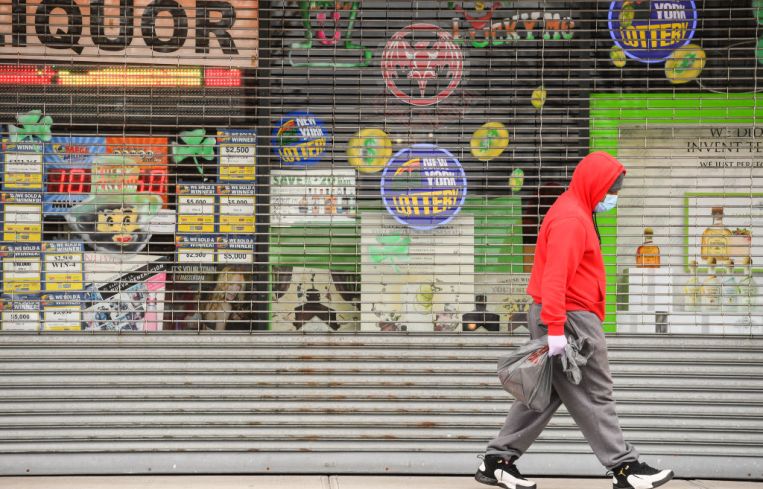Congress to Add $322B to Small Business Relief Fund
By Chava Gourarie April 21, 2020 5:42 pm
reprints
Congress has reached a deal on a new $484 billion relief bill, of which $322 billion will be spent to replenish the Paycheck Protection Program, which ran out of funds last week.
The federal relief program, passed by the CARES Act, provides forgivable loans to small businesses struggling due to the coronavirus pandemic. The original $345 billion pot was depleted in less than two weeks and the rollout was chaotic and uneven, with 45 percent of the funds directed to just four percent of applicants.
To ensure that smaller businesses have access to the program, which is administered by the Small Business Administration, the bill allocates $60 billion of the PPP funds to small lenders and community banks, with less than $10 billion in assets.
Ryan Metcalf, of fintech company Funding Circle, said the average PPP loan application they received was for $50,000. “Non-depository lenders service the smallest of small businesses and have ever since the last crisis,” he said.
Many of the applicants had been turned away from their primary banks. To manage the onslaught, most of the large banks would only process loans for existing customers, or prioritized businesses with prior credit relationships, and then quickly reached their funding limit.
While the program was designed to help businesses with fewer than 500 employees, some corporations managed to snag up to $10 million, the highest amount allowed by the program. Restaurant chains like Shake Shack — which promised to return the funds — were able to access the funds because they have fewer than 500 employees at each location.
Meanwhile, 84 percent of eligible businesses in Brooklyn that applied failed to get the federal loans, according to the Brooklyn Chamber of Commerce.
As a non-depository lender, Funding Circle was approved to process PPP loans last week, the same day that the funds ran out. Previously, only FDIC-approved depository lenders, already approved by the SBA, could process the loans.
Metcalf, who is the head of regulatory affairs at Funding Circle, is concerned that the $322 billion won’t be enough, especially now that there are more lenders on the program. “The speed in which the first one went, this one will go even faster,” he said.
The bill, which was fast-tracked through the Senate today is expected to be signed by President Trump, also allocates $60 billion for the Economic Injury Disaster Loan program, another SBA program, which reaches communities and small businesses in underserved areas.
The final $100 billion dedicated to hospitals and expanding testing.



